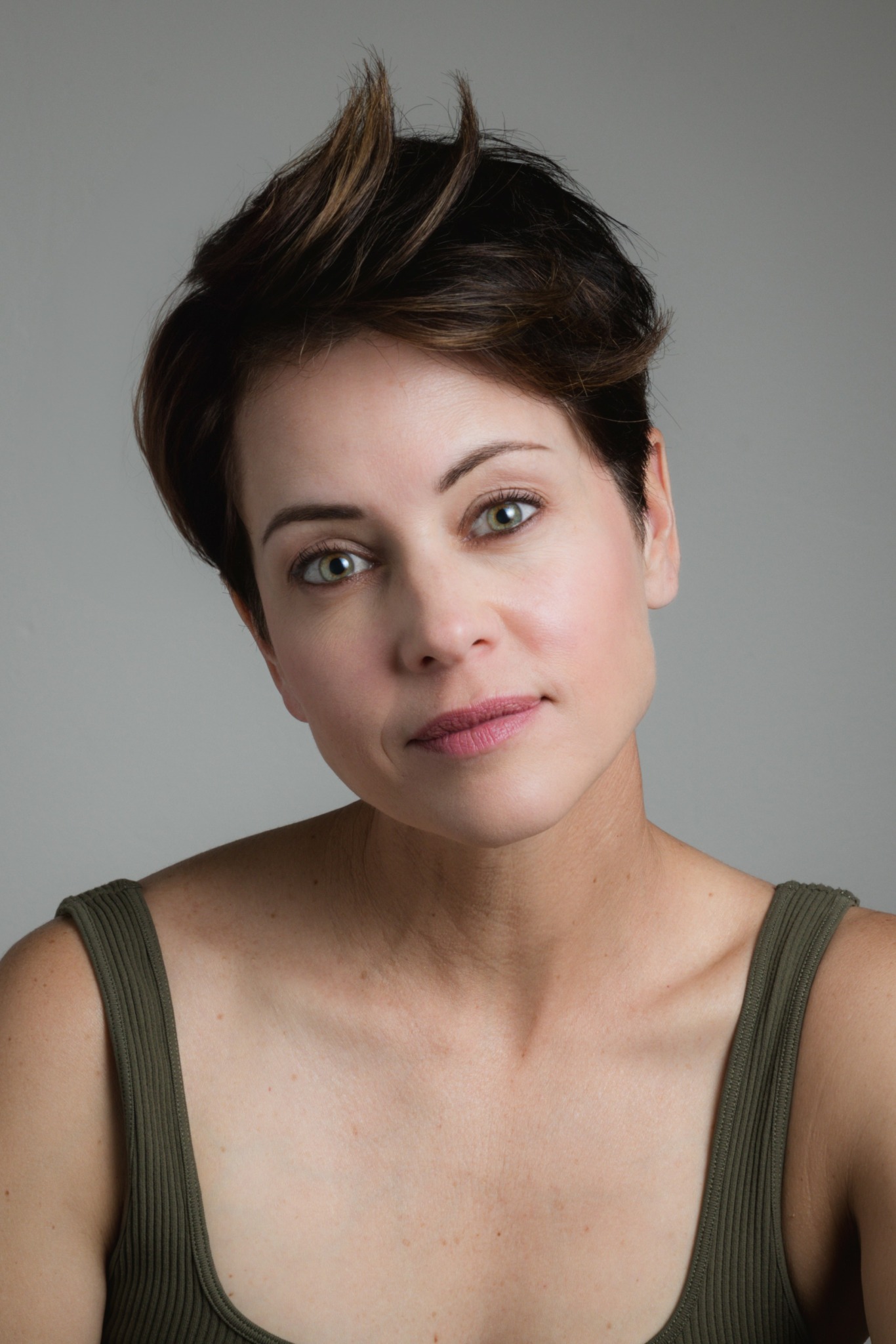We caught up with the brilliant and insightful Jocelyn Gardiner a few weeks ago and have shared our conversation below.
Hi Jocelyn, thanks for joining us today. Can you talk to us about how you learned to do what you do?
How did you learn to do what you do?
I had no plans to become a professional photographer. It all started when I became a mother and wanted to capture those magical moments of my baby’s early years. I spent countless hours watching YouTube tutorials, studying textbooks on editing software, lighting, posing—pretty much anything I could get my hands on. I attended workshops and even spent afternoons poring over my Canon camera manual. It took a while before I could consistently take photos I felt were worth sharing.
Knowing what you know now, what could you have done to speed up your learning process?
Looking back, I would’ve found a mentor whose work inspired me and whose business practices were solid. I could have saved a lot of time, energy, and money. That said, I’m glad for the trials and errors along the way—it was all part of learning.
What skills do you think were most essential?
While passion might not be considered a traditional skill, it was definitely what kept me going. There were times I felt discouraged, especially after scrolling through Instagram and seeing photographers whose images both inspired me and made me want to give up because they were so good. But my love for photography kept me moving forward.
What obstacles stood in the way of learning more?
Time and energy, without a doubt. Being a parent is a full-time, all-encompassing gig. It’s rewarding and worth it, but it’s also exhausting. Sometimes I wish I’d discovered photography earlier when I had more time to dedicate to one endeavor. But then I remember that becoming a mother was what sparked this entire journey.
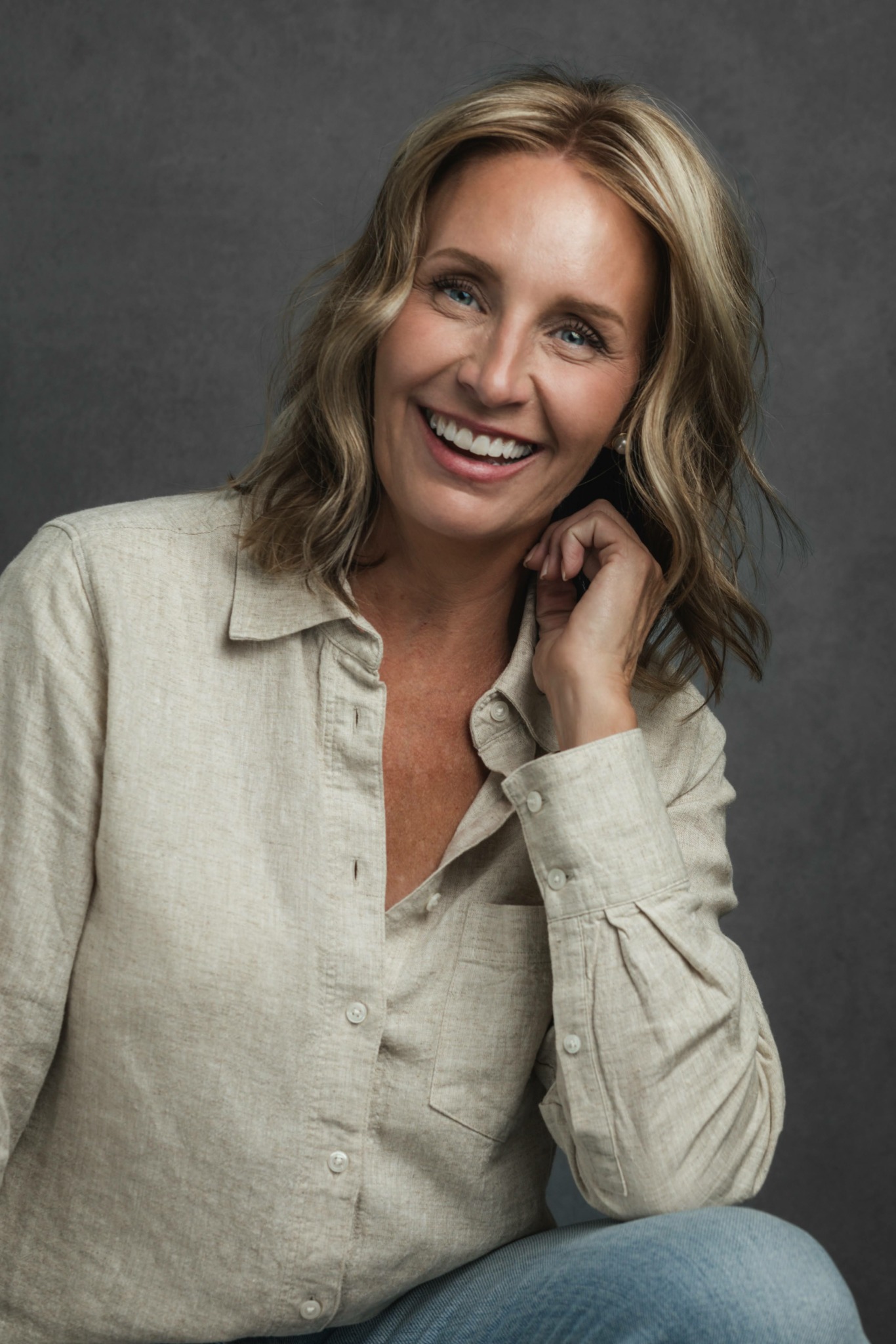
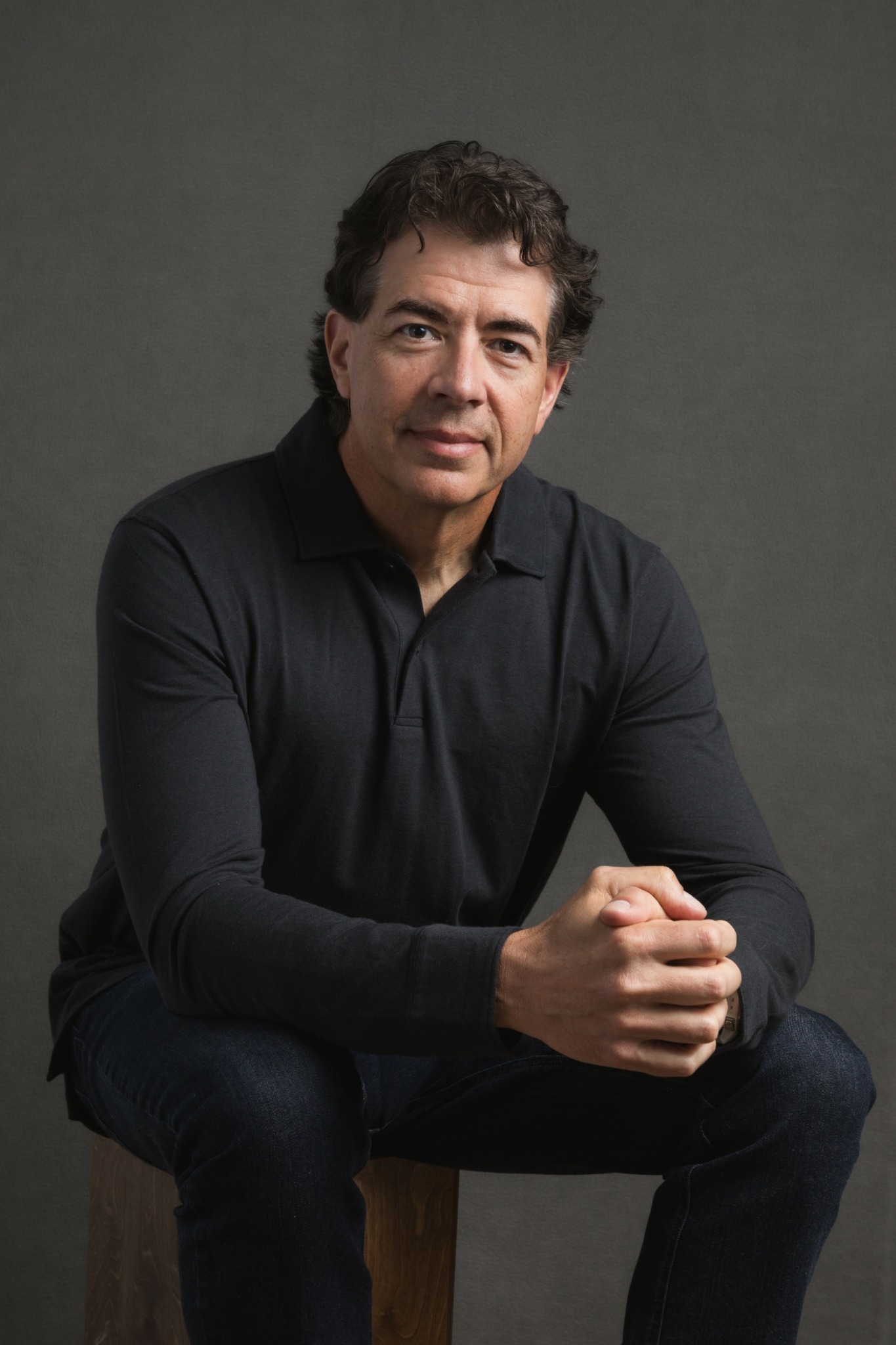
Jocelyn, love having you share your insights with us. Before we ask you more questions, maybe you can take a moment to introduce yourself to our readers who might have missed our earlier conversations?
I’ve photographed just about everything—weddings, babies, events, real estate, pets—you name it, I’ve probably shot it. I eventually settled on headshots because I love the collaborative and creative nature of working with adults. Plus, the schedule fits my life better now. Corporate shoots mean I’m home before the workday is over, and I don’t book sessions on weekends. For me, it’s all about balancing work with my personal life, so headshots became my focus.
A big moment that pushed me toward this career was when a good friend in the entertainment industry asked me to take headshots for him and some of his actor friends. I instantly fell in love with it. That early work with actors opened doors to working with professionals in creative fields and helped me break into the corporate world as well.
While headshots are my main focus, I also shoot lifestyle and personal branding. Occasionally, I’ll take on events or even a wedding, but it’s rare. I joke that I have to really love you to shoot your wedding!
My approach is simple: I want my clients to feel free. Free to relax, free to be vulnerable in front of the camera. I lean toward a more moody style, though lately I’ve been experimenting with some brighter lighting techniques that still keep the drama intact.
Most of my clients come to me with a sense of inadequacy, saying things like, “I’m not photogenic” or “You’ve got your work cut out for you.” My job is to help them shake those feelings. I truly believe that anyone can take a great photo if the photographer knows what they’re doing, and I’m here to prove that to my clients.
What sets me apart? I think it’s my ability to gain trust quickly and make photo sessions as comfortable as possible. I especially value convenience and ease for my corporate clients. “Picture day” should be painless, and I make sure clear expectations are set throughout the process.
One of the things I’m most proud of is hearing from clients who are thrilled with the results, whether it’s an actor booking a role or a business excited about their team headshots. There’s no better feeling than knowing my work helped them reach their goals. For example, I had a client recently who was returning to acting after years away from the industry. She was unsure of herself and worried that her best days were behind her. After our session, she landed a major role in LA. Stories like that are what keep me passionate about what I do.
For potential clients, I want them to know they’ll be treated with respect and care from start to finish. I value quality above all else and always strive to ensure my clients are happy with the final product. At the end of the day, my work is about trust, quality, and making people feel seen.
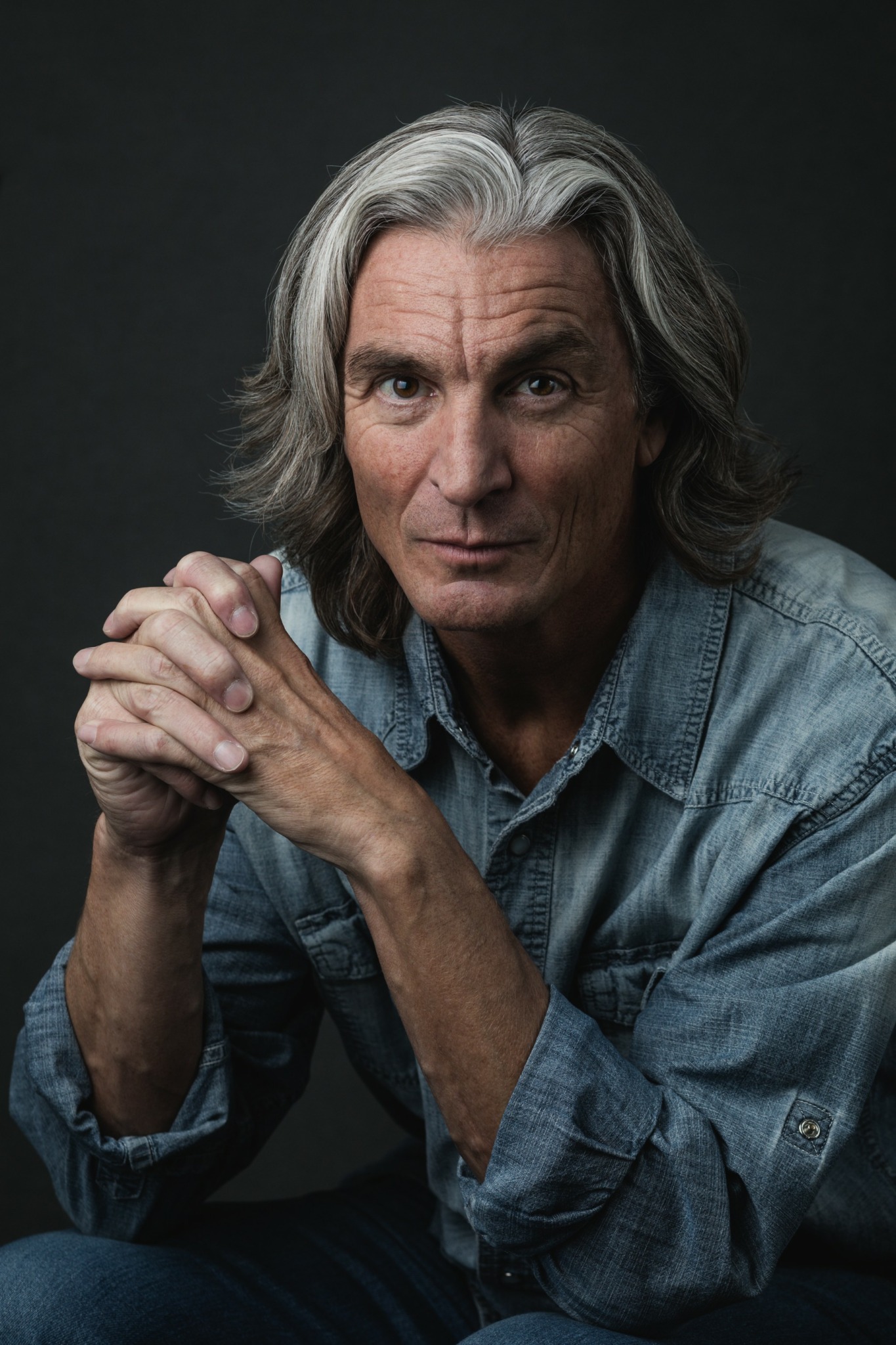
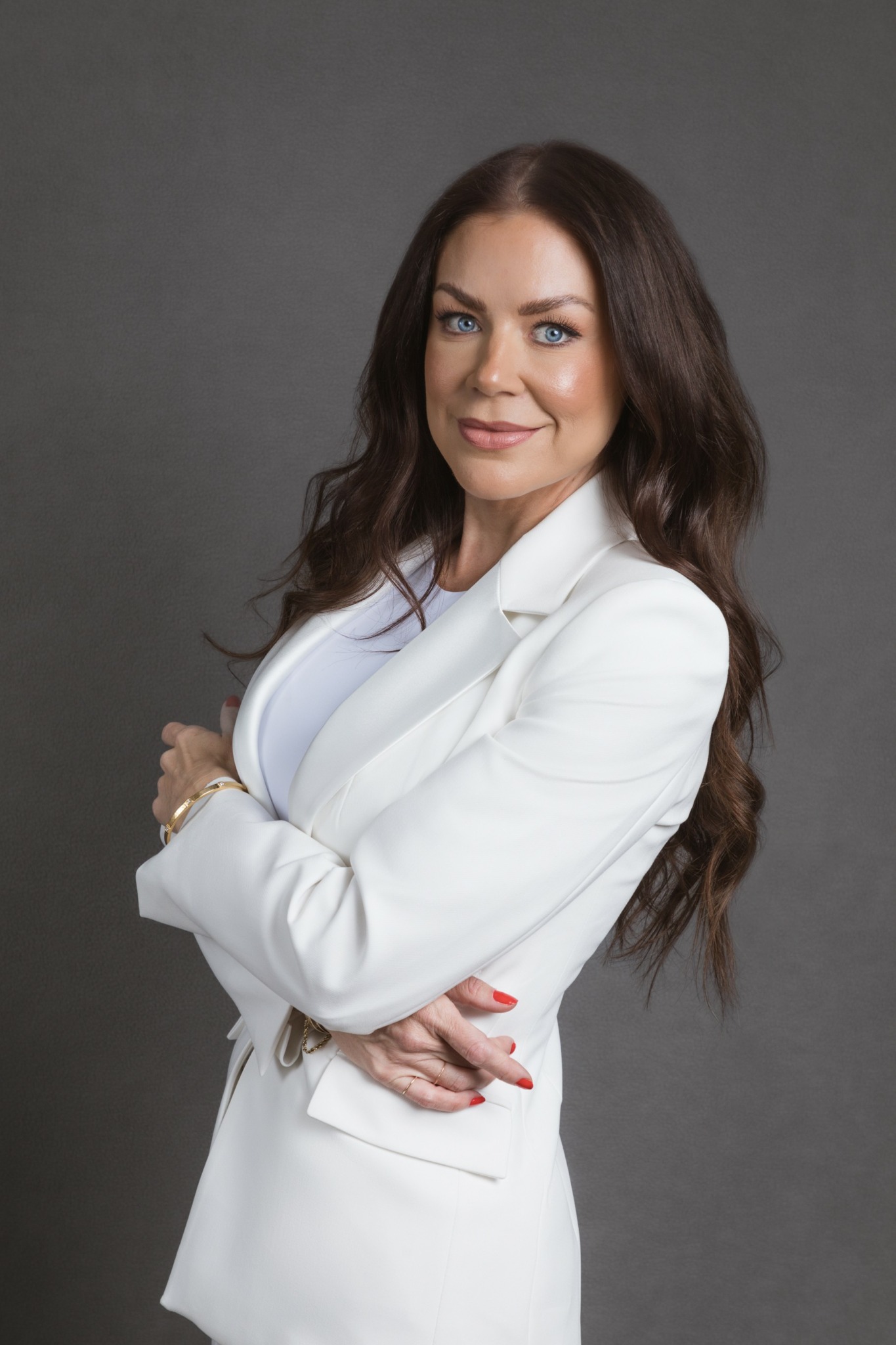
What’s a lesson you had to unlearn and what’s the backstory?
A lesson I’ve had to unlearn—and one that I find myself constantly relearning—is overcoming feelings of inadequacy and imposter syndrome. For a long time, I didn’t realize how much I was limiting my own success by holding onto narratives from my childhood. I read a book about limiting beliefs, and it really opened my eyes to how much of my self-doubt was just in my head.
It’s not easy to let go of those feelings, especially in an industry where there’s so much incredible talent to admire. I’d often find myself thinking, “There’s no place for me here.” But I’ve learned to stop comparing myself to others and instead focus on what I like and what my clients love about my work. Every time I feel those old thoughts creeping in, I remind myself that my unique style and approach are what set me apart, and that’s what my clients value.
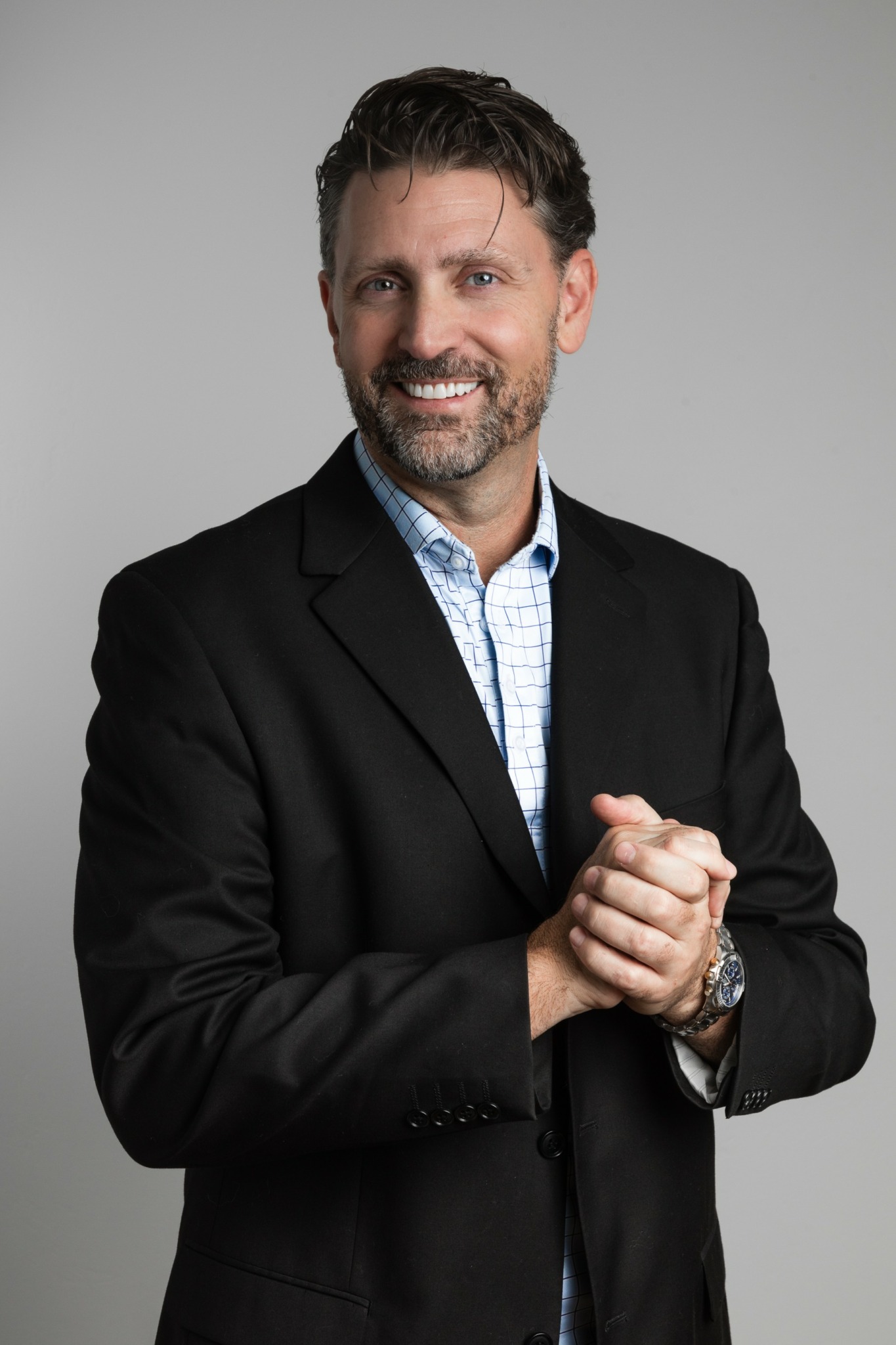
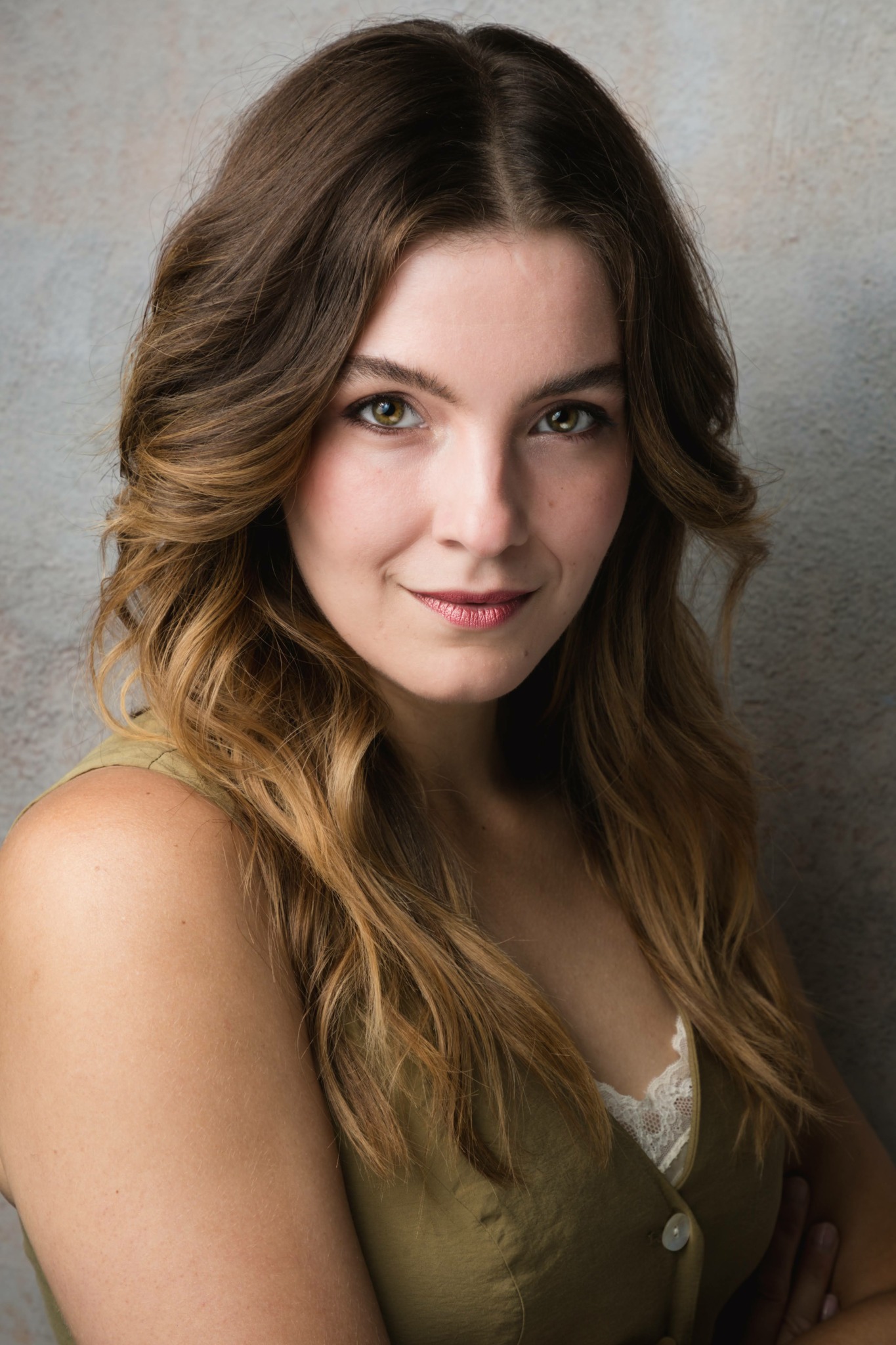
Can you talk to us about how you funded your business?
Lack of funds can definitely stop a lot of creatives in their tracks, especially in photography. Professional gear isn’t cheap—cameras, lenses, studio fees, software—it all adds up fast. When I started out, I only had what I could afford, which was an entry-level DSLR. I used that camera for years, slowly upgrading as I went. When I’d get paid for a shoot, I’d reinvest some of that money into new gear, whether it was a lens, a light modifier, or better editing software.
You don’t need the latest, most expensive equipment to take great photos. In fact, I’d argue that the leaner your setup, the more creative you can be. Having limitations forces you to work smarter and focus on your craft. So, for anyone starting out, don’t let money hold you back. Use what you have, and the rest will come with time.
Contact Info:
- Website: https://www.jgardinerphotography.com
- Instagram: jocelyngardiner
- Linkedin: JGardiner Photography
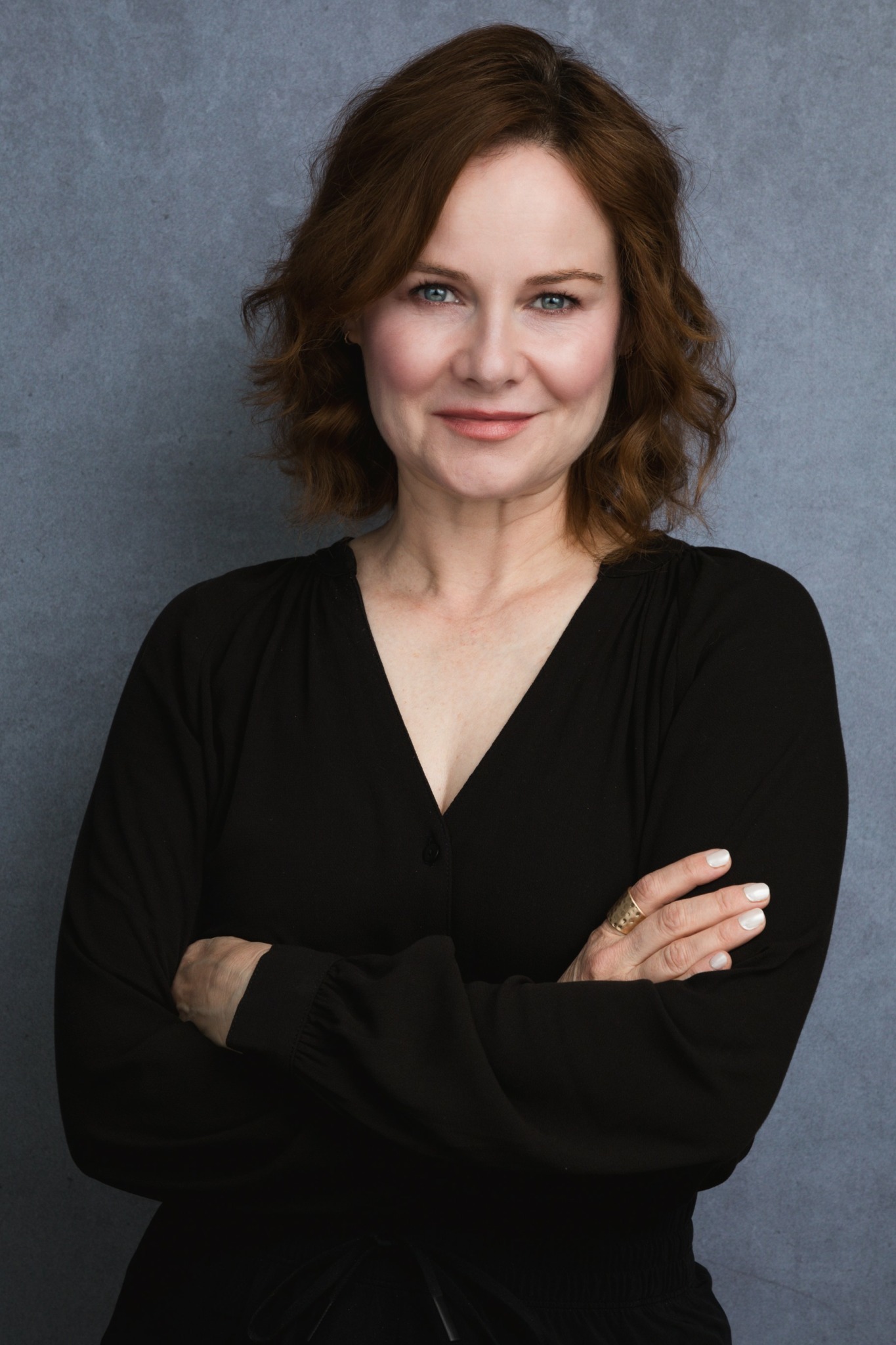
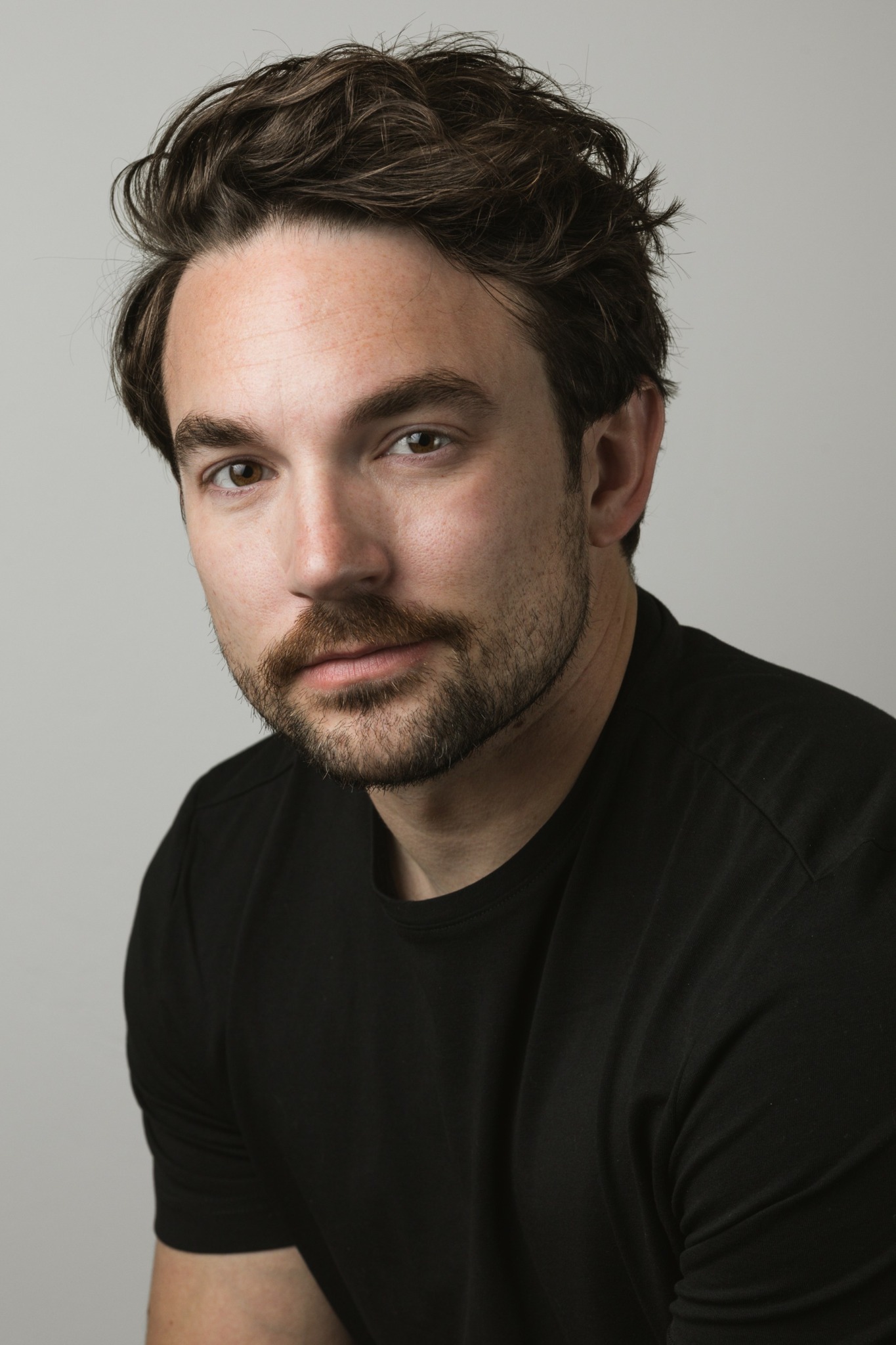
Image Credits
Jocelyn Gardiner


